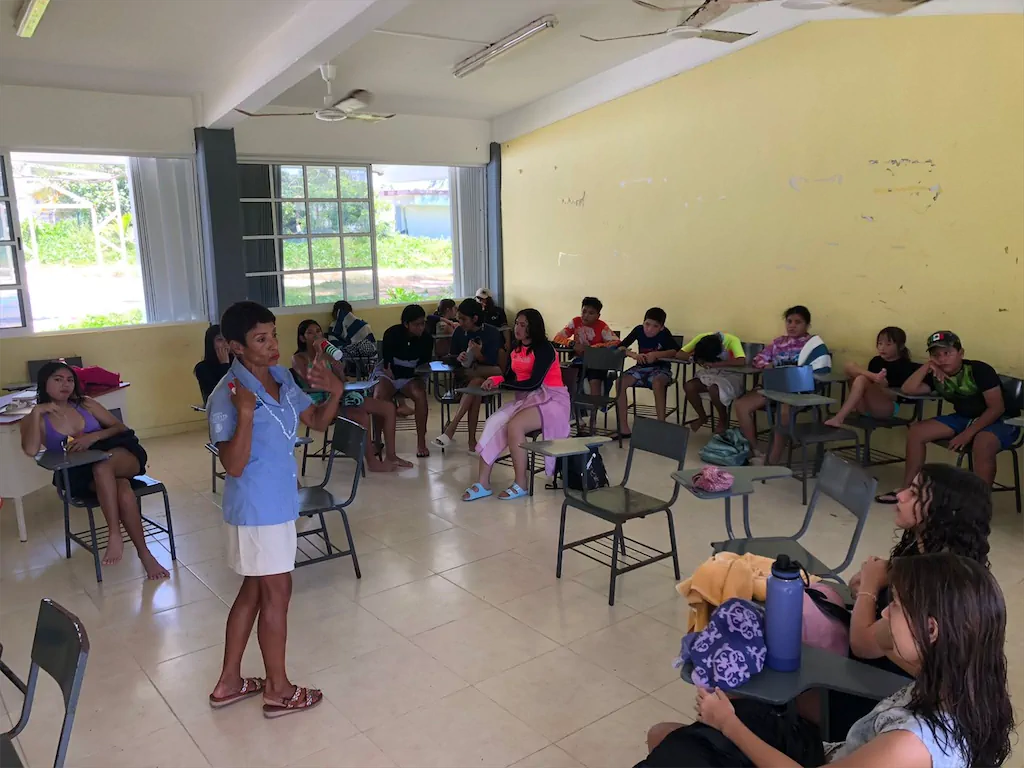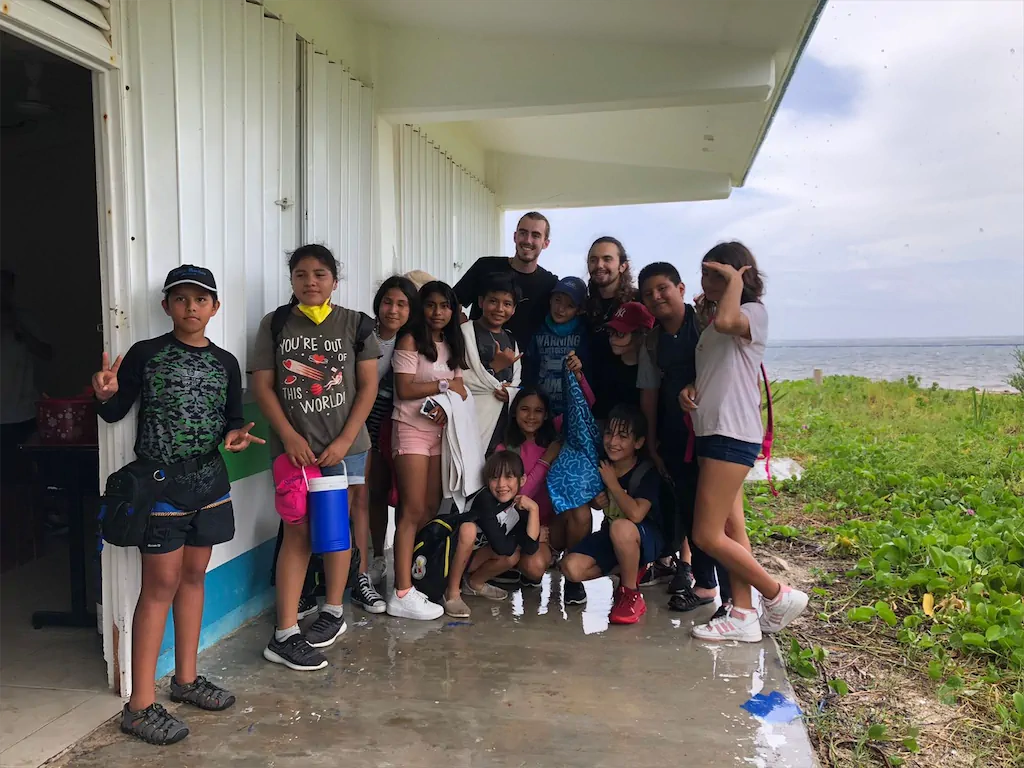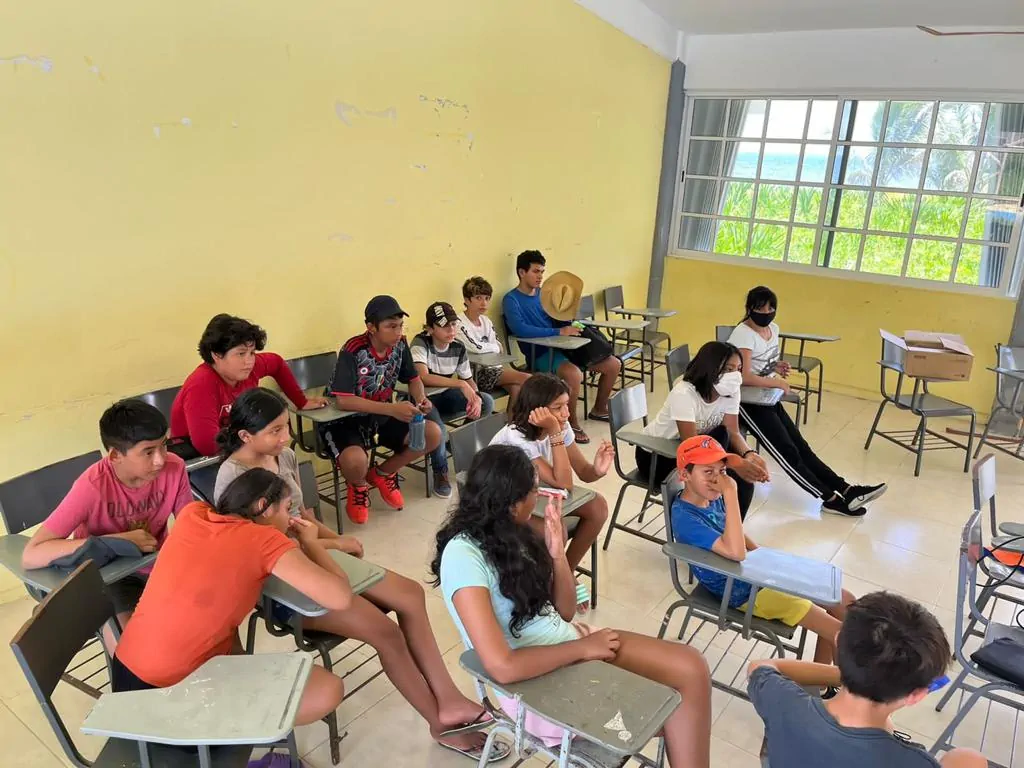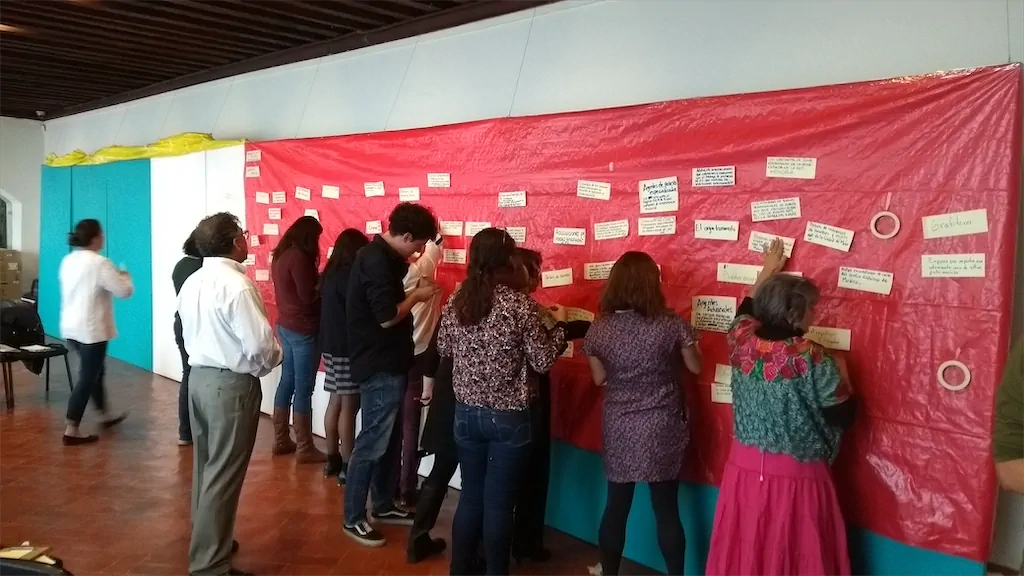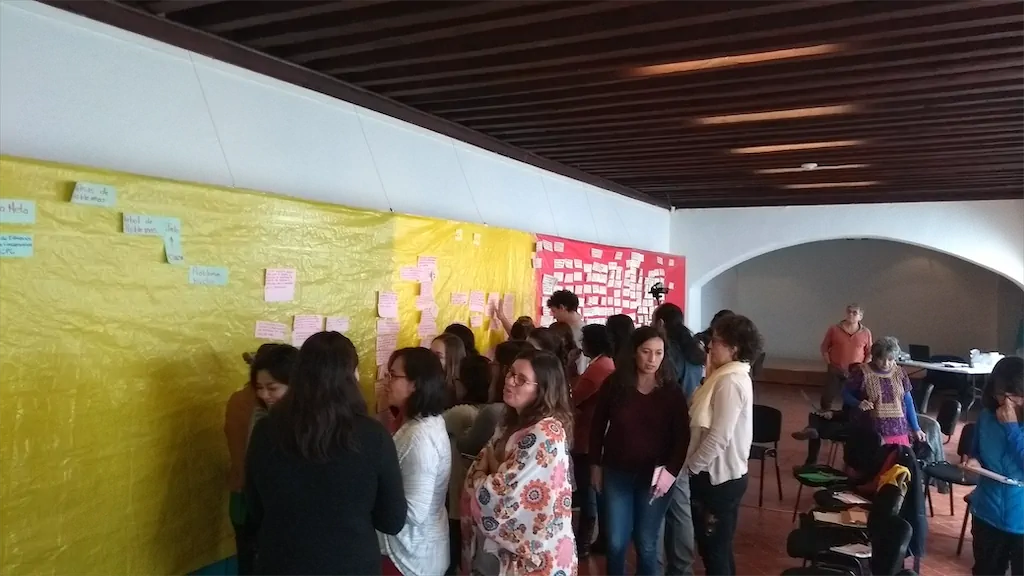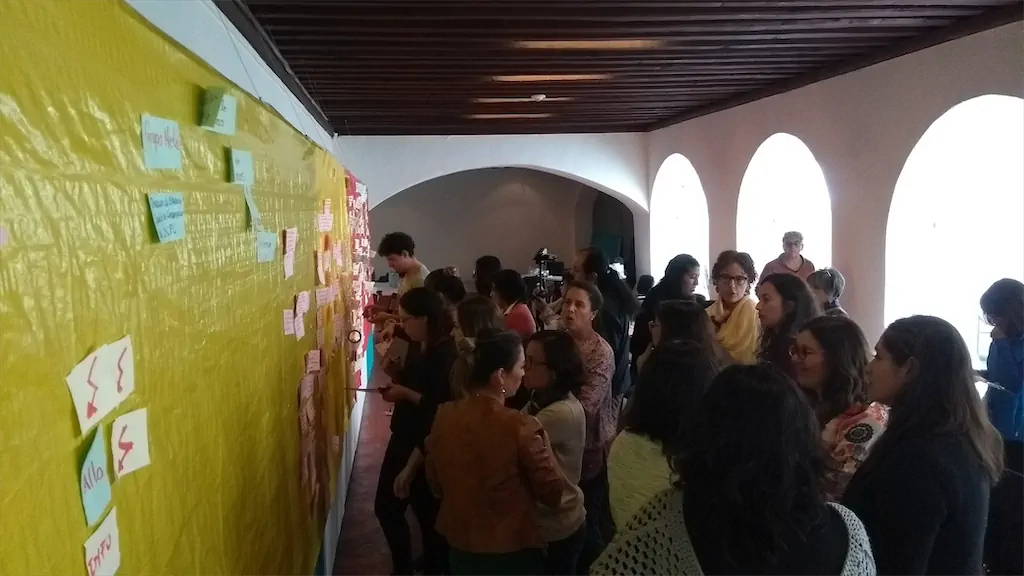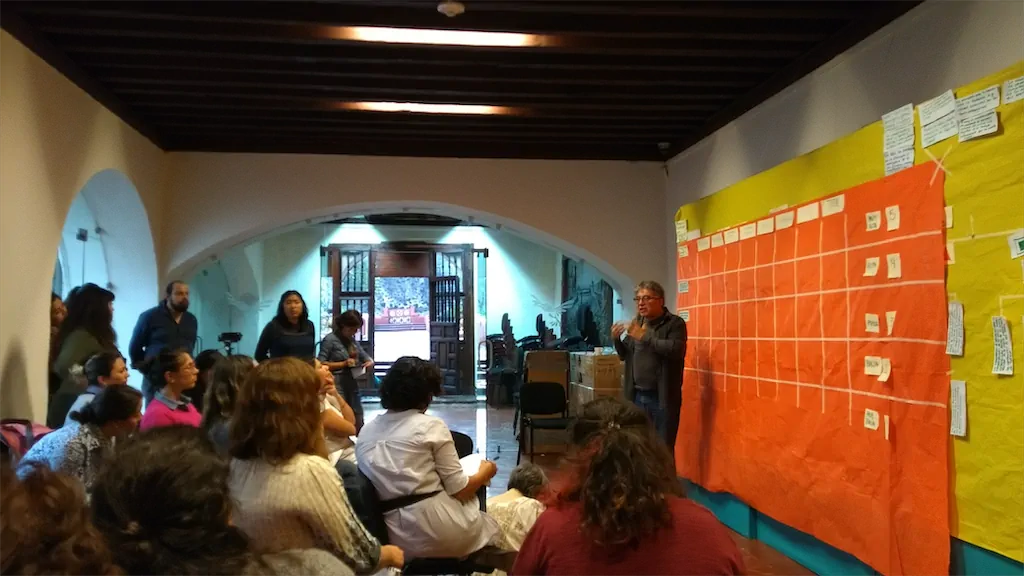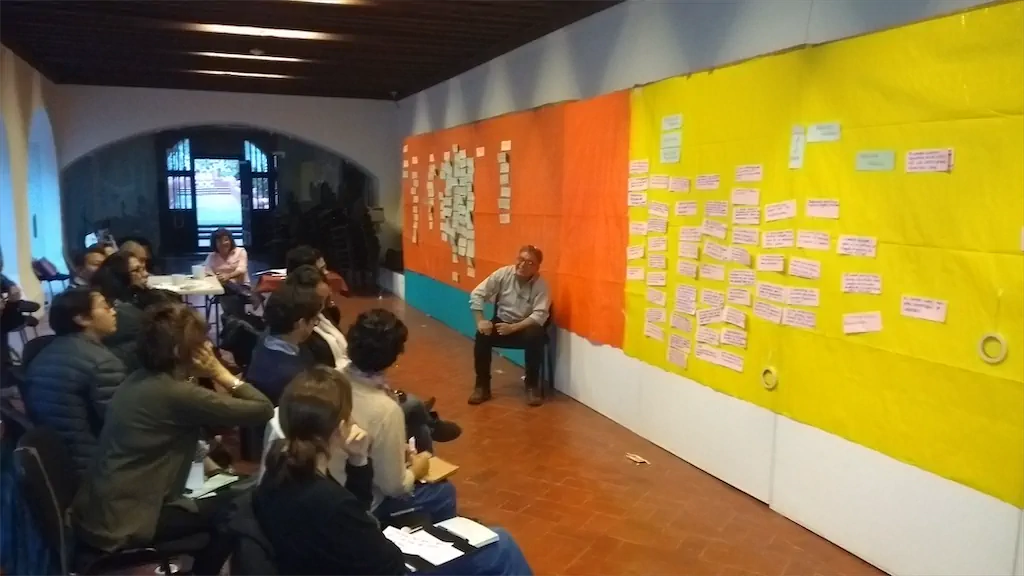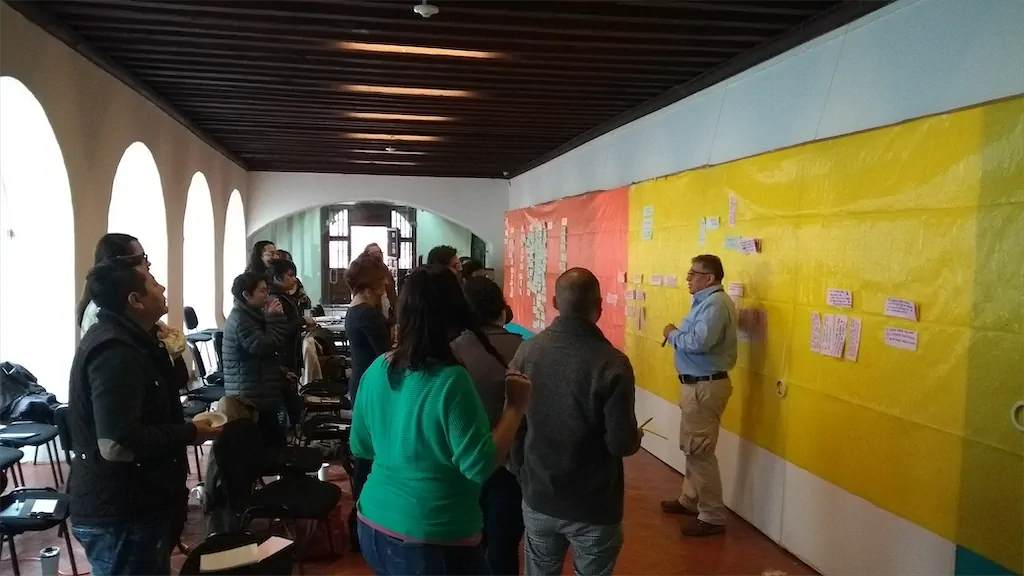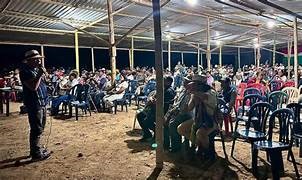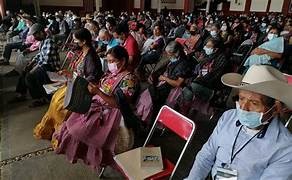Projects
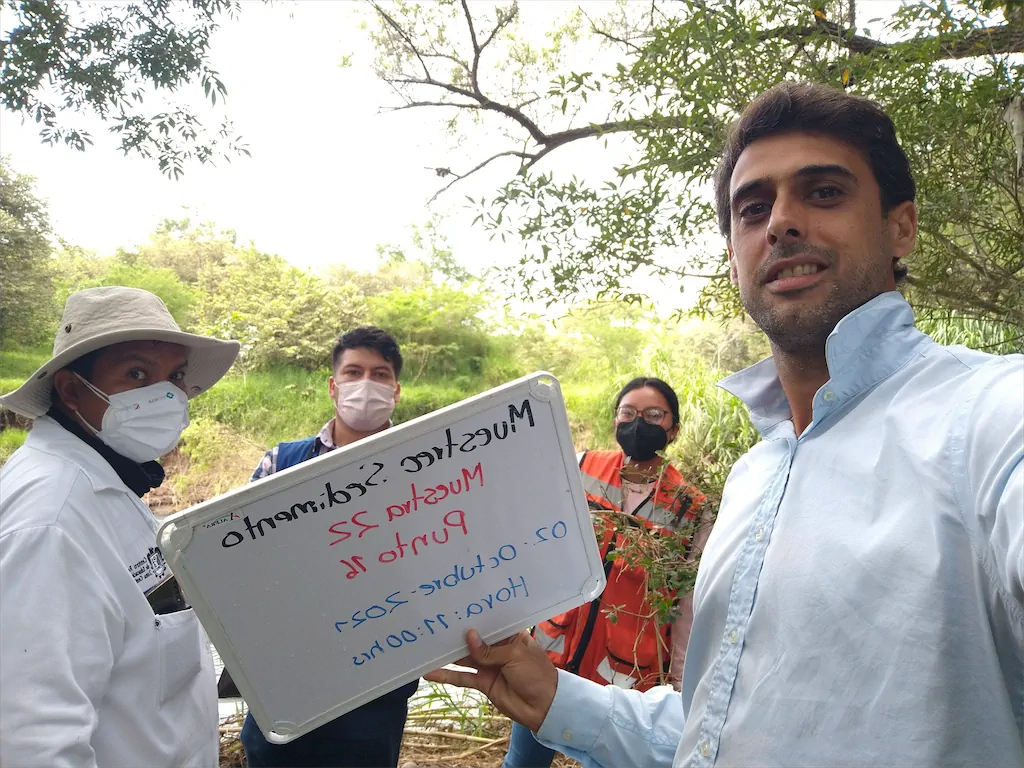
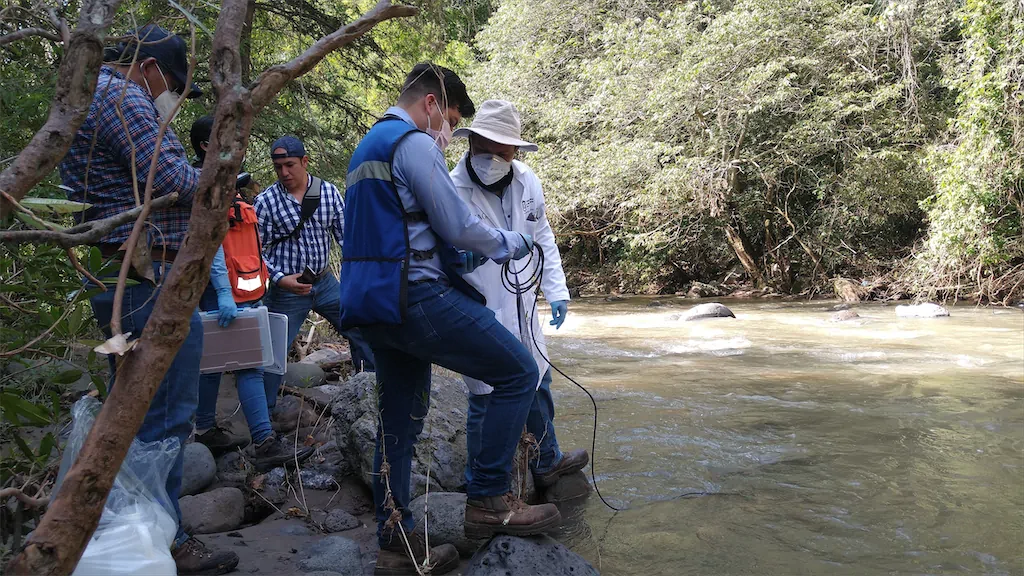
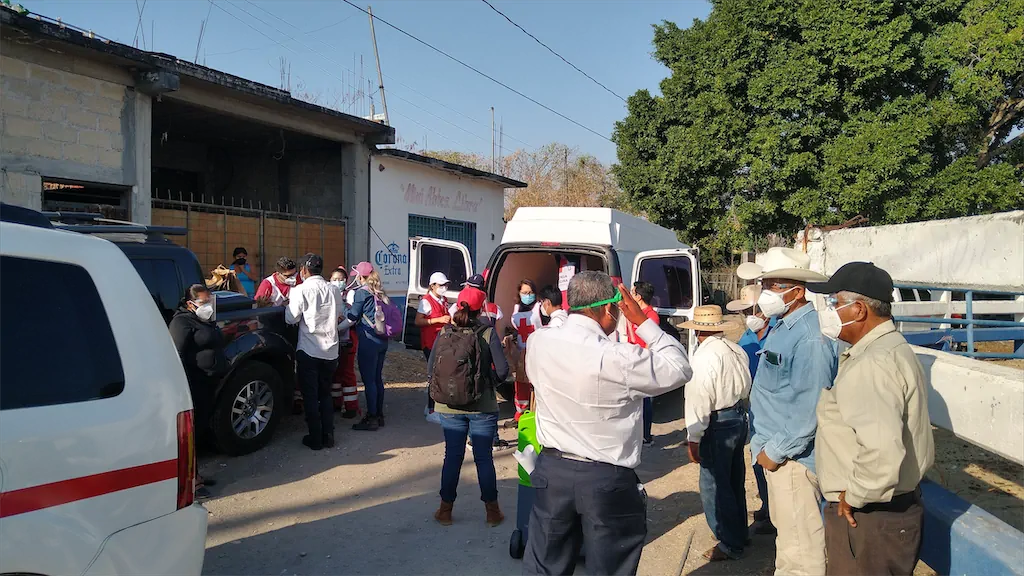
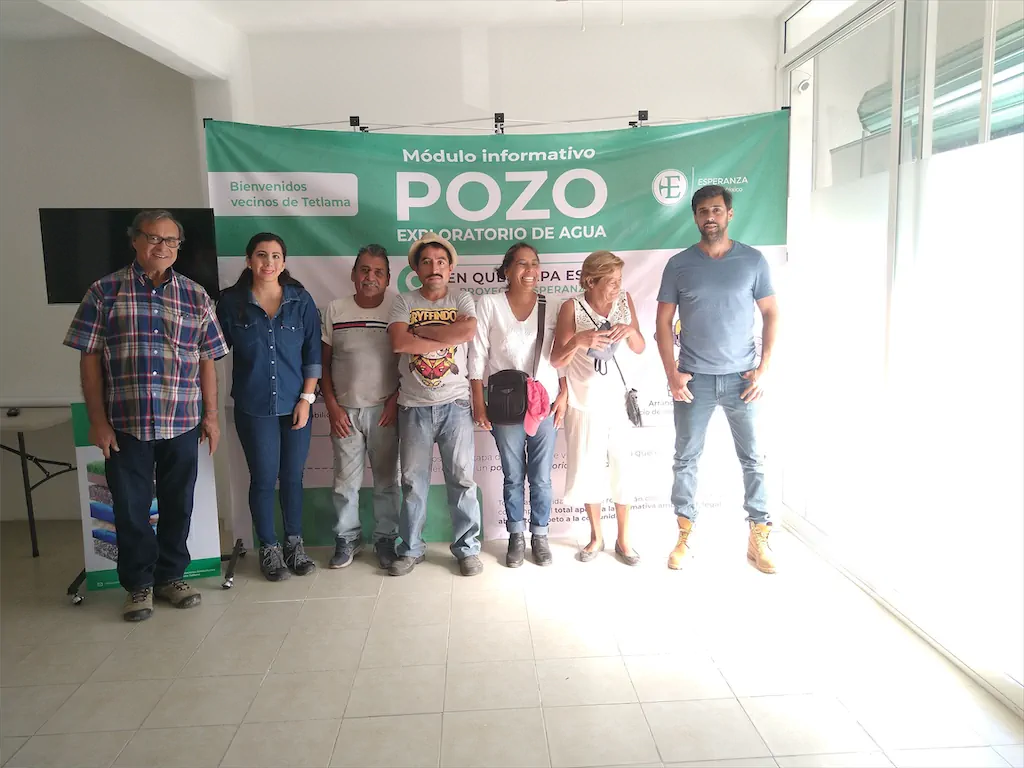
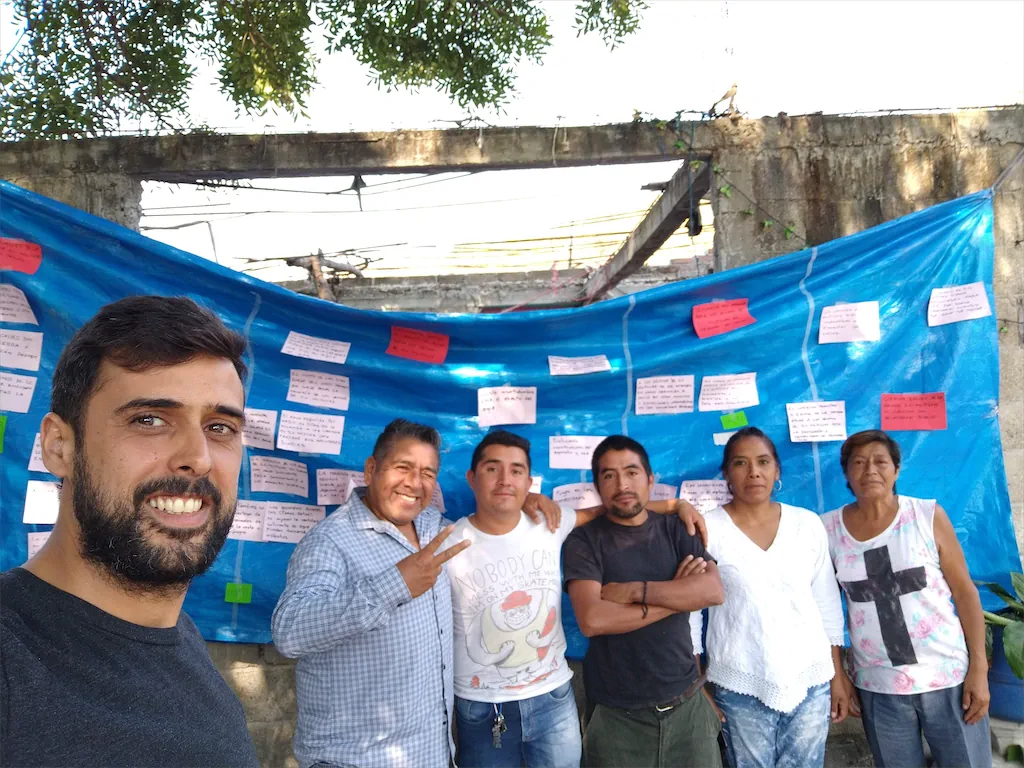
Esperanza Silver de México
A subsidiary of Alamos Gold Inc. is developing the “Esperanza” mining project. This project was designed with an innovative proposal called “New Model of Socially and Environmentally Responsible Mining” and is a unique model in the mining sector that promotes sustainable community development, which seeks respect for human rights, social benefit for communities and environmental protection.
This new way of developing mining seeks to build a good relationship with the neighboring communities of the Project uses proven techniques to avoid and reduce damage to the environment.
Social risk is the biggest risk in high impact projects in the energy sector. Conflict with communities can cause reputational damage and cost dearly, either in delays or complete abandonment of a Project. Companies need to ensure the acceptance and support of the Project by communities to obtain the “Social License to Operate”.
Focused on education, recreation, community health, productive projects, festivals and other cultural activities. In some communities they provide infrastructure, equipment, supplies, school scholarships and other support.
In high impact projects, social witnesses are figures created to support, maintain and respect access to information and transparency during activities carried out as part of social, environmental and cultural management of projects in the energy sector. They can be local authorities, formal and informal leaders, or neighbors of communities located within the Area of Influence.
Pangaea World Foundation
Pangaea World Foundation is an international non-governmental organization (NGO) that works to bridge the gap between efforts and results in conservation and humanitarian rescue projects. As an expert organization, it collaborates with local governments, civil society and other non-profit organizations to ensure that planned impacts are achieved and that resources are used effectively to achieve rapid results.
The Reef Rescue School is an ambitious pilot program that puts indigenous and local youth at the forefront of saving our planet, starting with coral reefs. In this bootcamp-style training program, students living along the shores of the Mesoamerican Reef are challenged to transform themselves, their communities and the future of the reef. The accomplishments of our students will be used to set the stage for a new path in conservation, where youth from neglected regions lead the rescue and protection of precious natural ecosystems.
The summer course and the After School Program are some of our pilot projects to introduce students at Secundaria Técnica Pesquera no. 7 to outdoor environmental education. This builds community, fosters engagement, raises standards, increases connection among students and develops a positive association around the school and its ecosystems. The outdoor education component of the Program represents many firsts for our students: their first time swimming, diving, kayaking and their first time connecting with nature in a healthy and fun way.
Jesuit Migrant Service
Jesuit Migrant Service Mexico - Caritas France: External evaluation of the “Intervention Program in communities of origin and return (2017-2019) and (2018-2020)”. The evaluation process is a fundamental tool to improve the performance of a Program or Project and in knowing which of the actions are effective in solving social and economic problems. The evaluation was of consistency and results, revolving around analysis of six general items: Design, Strategic Planning, Operation, Coverage and Targeting, Perception of Beneficiaries and Results. This evaluation analyzed the Program's contribution to reverse the negative effects of transmigration in communities of origin and return in Mexico.
INAH - CNCPC
Training was provided to the National Coordination of Cultural Heritage Conservation of the National Institute of Anthropology and History, under the Logical Framework approach, a planning methodology widely used in international cooperation projects and adopted by the Mexican government, from the design and identification of the problem, its definition, assessment, execution and supervision, and even its evaluation.
USAID-MESA
The United States Agency for International Development (USAID) commissioned the development of a Manual for Consultation Processes with Indigenous Communities in Mexico. The work was based on identifying the national and international regulations in force, best practices and legal criteria.
Justina Favian Alonso – Comunidad en el Municipio de San Francisco Cozoaltepec, Distrito de Pochutla, Estado de Oaxaca
We provided legal advice and agrarian representation in a conflict that prevented the client from ceding the rights to his land. We oversaw designing a strategy to present a proposal before the community assembly, which was attended by all the families of the community, which were mostly Zapotecos, an indigenous community recognized in Oaxaca. Several challenges were faced, including language barriers due to older people not speaking Spanish.
We accompany throughout the process to regularize the land and transfer the rights to a person from outside the community.
